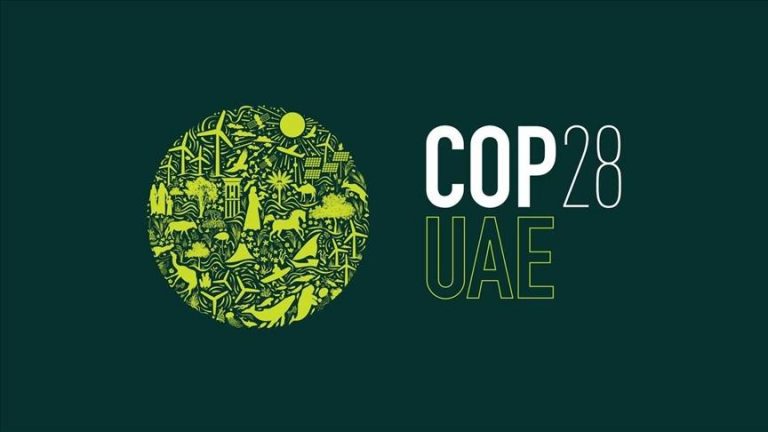The first global assessment will be carried out after the entry into force of the Paris Agreement, approved back in 2015, and an action plan will be drawn up to drastically reduce emissions and protect lives and livelihoods. It should also mark the starting point for the realization of the Fund for Environmental Loss and Damage agreed at COP27. The $100 billion fund seeks to respond to the needs of developing nations impacted by extreme events.
COP28 is a crucial opportunity to take the right course and speed up actions to face the climate crisis, taking into account the global temperature records and the fact that extreme weather events affect the planet’s population.
However, a global assessment of climate action to date clearly indicates that progress is too slow, therefore the attendees, which include government representatives, scientists, international organizations, businesses, Indigenous and local communities, media communication, civil society entities, and influential figures, have until December 12th to fully address the concerns of developing countries.
Among the challenges of the conference are advancing a just green transition in a pragmatic way and responding to climate change with solidarity and cooperation, because, according to the Intergovernmental Panel on Climate Change, some 3.5 billion people (almost half of humanity) live in areas that are very vulnerable to climate change.
The unprecedented temperatures recorded this year and the stark devastation caused by climate change stress the urgency faced by COP28, which has become a decisive crossroads, therefore its debates will focus on financing, climate justice, and energy for everybody.
Negotiations must agree to accelerate the energy transition and reduce polluting emissions before 2030, transform climate finance, fulfill old promises, establish the framework for a new agreement, and place nature, people, life, and the means for better livelihoods at the center of climate action.
jrr/llp/jf/crc










